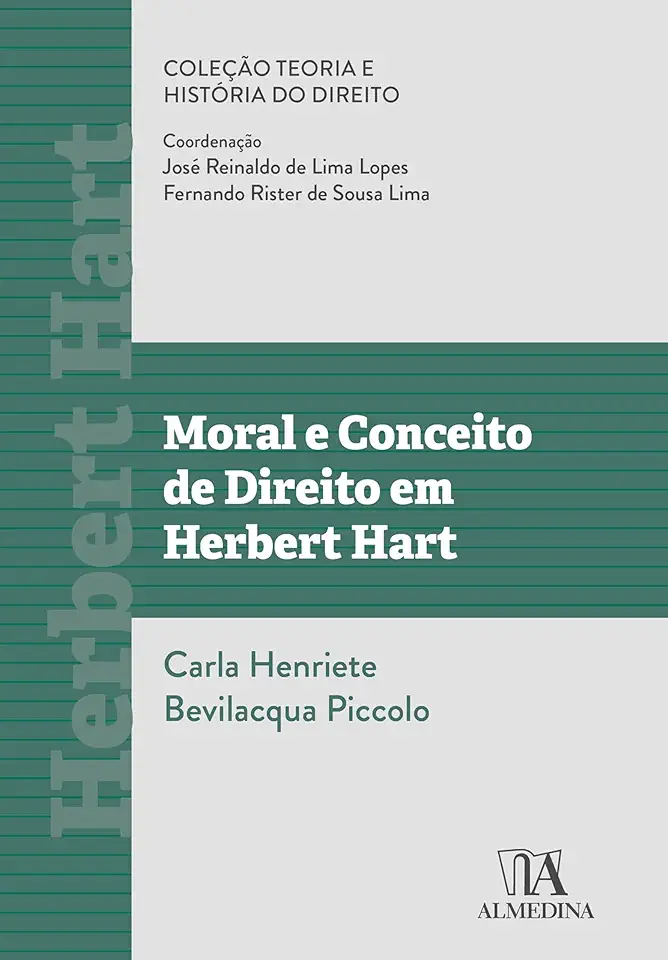
The Concept of Law - Herbert L. A. Hart
The Concept of Law: A Classic Work of Legal Philosophy
In his seminal work, "The Concept of Law," H.L.A. Hart presents a comprehensive and influential theory of law. Hart argues that law is a system of rules that are created and enforced by a sovereign authority. He distinguishes between primary rules, which impose duties on individuals, and secondary rules, which confer powers on individuals to create, change, and adjudicate primary rules. Hart also discusses the concept of legal validity and the relationship between law and morality.
A Comprehensive Theory of Law
Hart's theory of law is one of the most comprehensive and influential in legal philosophy. It provides a systematic account of the nature of law, the sources of legal authority, and the relationship between law and morality. Hart's theory has been widely adopted by legal scholars and practitioners, and it continues to be a major source of inspiration for contemporary legal thought.
Key Concepts in Hart's Theory of Law
- Rules: Hart argues that law is a system of rules. Rules are general statements that impose duties or confer powers on individuals.
- Primary rules: Primary rules impose duties on individuals. For example, the rule "Thou shalt not kill" is a primary rule that imposes a duty on individuals not to kill other individuals.
- Secondary rules: Secondary rules confer powers on individuals to create, change, and adjudicate primary rules. For example, the rule "The legislature has the power to make laws" is a secondary rule that confers power on the legislature to create new primary rules.
- Legal validity: Hart argues that the validity of a law depends on its conformity to a set of criteria. These criteria include: (1) the law must be enacted by a competent authority; (2) the law must be sufficiently clear and precise; and (3) the law must not be retrospective.
- The relationship between law and morality: Hart argues that law and morality are distinct concepts. Law is concerned with what is legally permissible, while morality is concerned with what is morally right or wrong. However, Hart also argues that there is a close connection between law and morality. He argues that a legal system that is not based on moral principles is unlikely to be effective or just.
The Significance of Hart's Theory of Law
Hart's theory of law has had a profound impact on legal philosophy. It has provided a new way of understanding the nature of law, the sources of legal authority, and the relationship between law and morality. Hart's theory has also been influential in the development of legal theory in other disciplines, such as sociology, political science, and economics.
Why You Should Read "The Concept of Law"
"The Concept of Law" is a must-read for anyone interested in legal philosophy. It is a classic work of scholarship that has had a profound impact on the way we think about law. Hart's theory of law is comprehensive, influential, and thought-provoking. It is a challenging read, but it is also a rewarding one. If you are interested in understanding the nature of law, the sources of legal authority, and the relationship between law and morality, then I highly recommend reading "The Concept of Law."
Conclusion
"The Concept of Law" is a classic work of legal philosophy that has had a profound impact on the way we think about law. Hart's theory of law is comprehensive, influential, and thought-provoking. It is a challenging read, but it is also a rewarding one. If you are interested in understanding the nature of law, the sources of legal authority, and the relationship between law and morality, then I highly recommend reading "The Concept of Law."